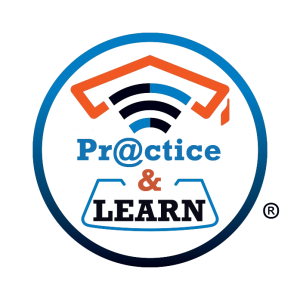| |
|
|
|
|
|
Sin eventos, domingo, 1 febrero
1
Sin eventos, domingo, 1 febrero
1
|
|
Sin eventos, lunes, 2 febrero
2
Sin eventos, lunes, 2 febrero
2
|
Sin eventos, martes, 3 febrero
3
Sin eventos, martes, 3 febrero
3
|
Sin eventos, miércoles, 4 febrero
4
Sin eventos, miércoles, 4 febrero
4
|
Sin eventos, jueves, 5 febrero
5
Sin eventos, jueves, 5 febrero
5
|
Sin eventos, viernes, 6 febrero
6
Sin eventos, viernes, 6 febrero
6
|
Sin eventos, sábado, 7 febrero
7
Sin eventos, sábado, 7 febrero
7
|
Sin eventos, domingo, 8 febrero
8
Sin eventos, domingo, 8 febrero
8
|
|
Sin eventos, lunes, 9 febrero
9
Sin eventos, lunes, 9 febrero
9
|
Sin eventos, martes, 10 febrero
10
Sin eventos, martes, 10 febrero
10
|
Sin eventos, miércoles, 11 febrero
11
Sin eventos, miércoles, 11 febrero
11
|
Sin eventos, jueves, 12 febrero
12
Sin eventos, jueves, 12 febrero
12
|
Sin eventos, viernes, 13 febrero
13
Sin eventos, viernes, 13 febrero
13
|
Sin eventos, sábado, 14 febrero
14
Sin eventos, sábado, 14 febrero
14
|
Sin eventos, domingo, 15 febrero
15
Sin eventos, domingo, 15 febrero
15
|
|
Sin eventos, lunes, 16 febrero
16
Sin eventos, lunes, 16 febrero
16
|
Sin eventos, martes, 17 febrero
17
Sin eventos, martes, 17 febrero
17
|
Sin eventos, miércoles, 18 febrero
18
Sin eventos, miércoles, 18 febrero
18
|
Sin eventos, jueves, 19 febrero
19
Sin eventos, jueves, 19 febrero
19
|
Sin eventos, viernes, 20 febrero
20
Sin eventos, viernes, 20 febrero
20
|
Sin eventos, sábado, 21 febrero
21
Sin eventos, sábado, 21 febrero
21
|
Sin eventos, domingo, 22 febrero
22
Sin eventos, domingo, 22 febrero
22
|
|
Sin eventos, lunes, 23 febrero
23
Sin eventos, lunes, 23 febrero
23
|
Sin eventos, martes, 24 febrero
24
Sin eventos, martes, 24 febrero
24
|
Sin eventos, miércoles, 25 febrero
25
Sin eventos, miércoles, 25 febrero
25
|
Sin eventos, jueves, 26 febrero
26
Sin eventos, jueves, 26 febrero
26
|
Sin eventos, viernes, 27 febrero
27
Sin eventos, viernes, 27 febrero
27
|
Sin eventos, sábado, 28 febrero
28
Sin eventos, sábado, 28 febrero
28
|
|


